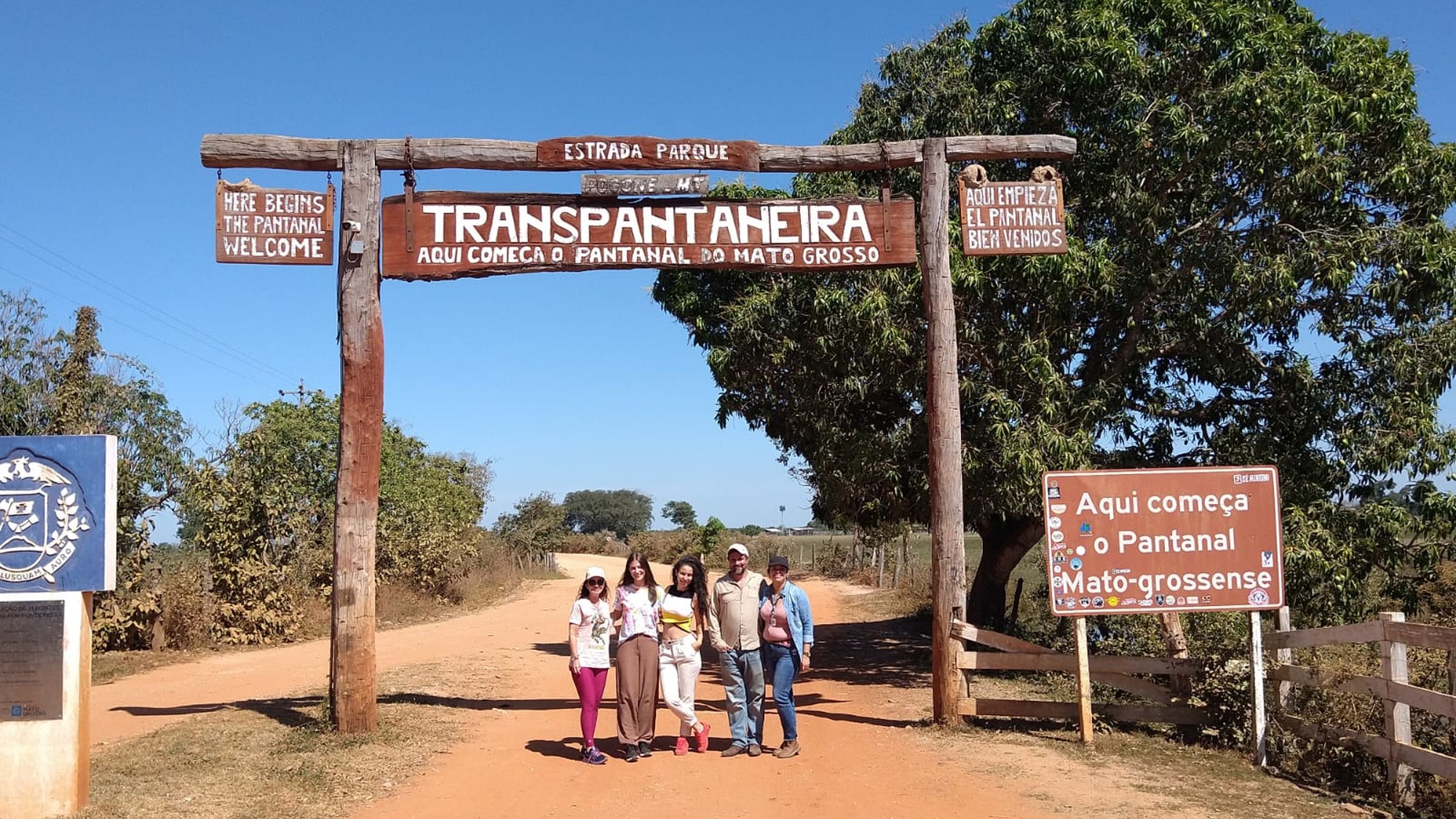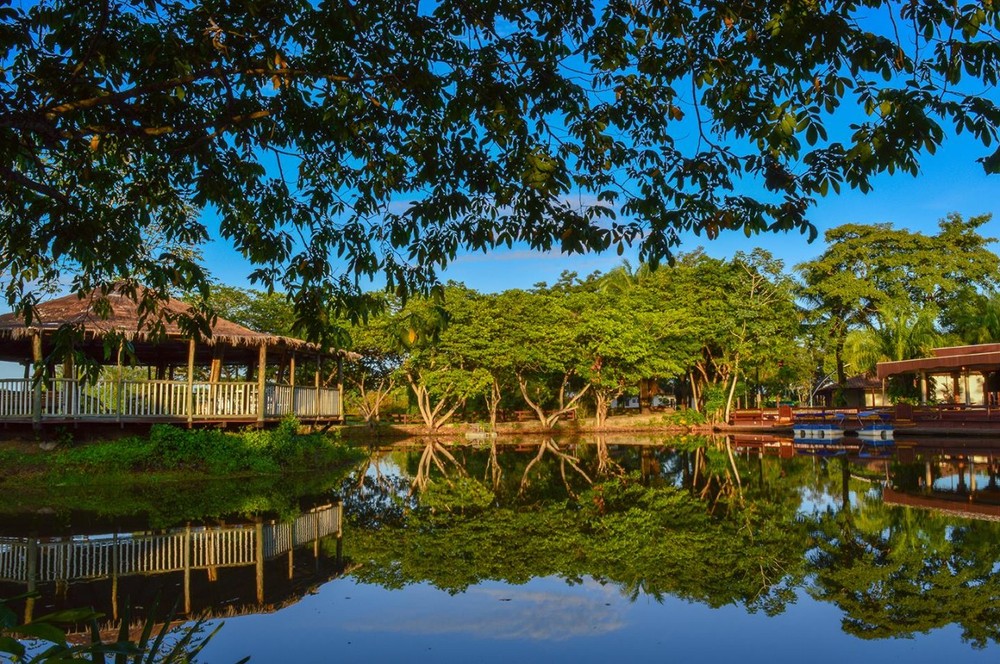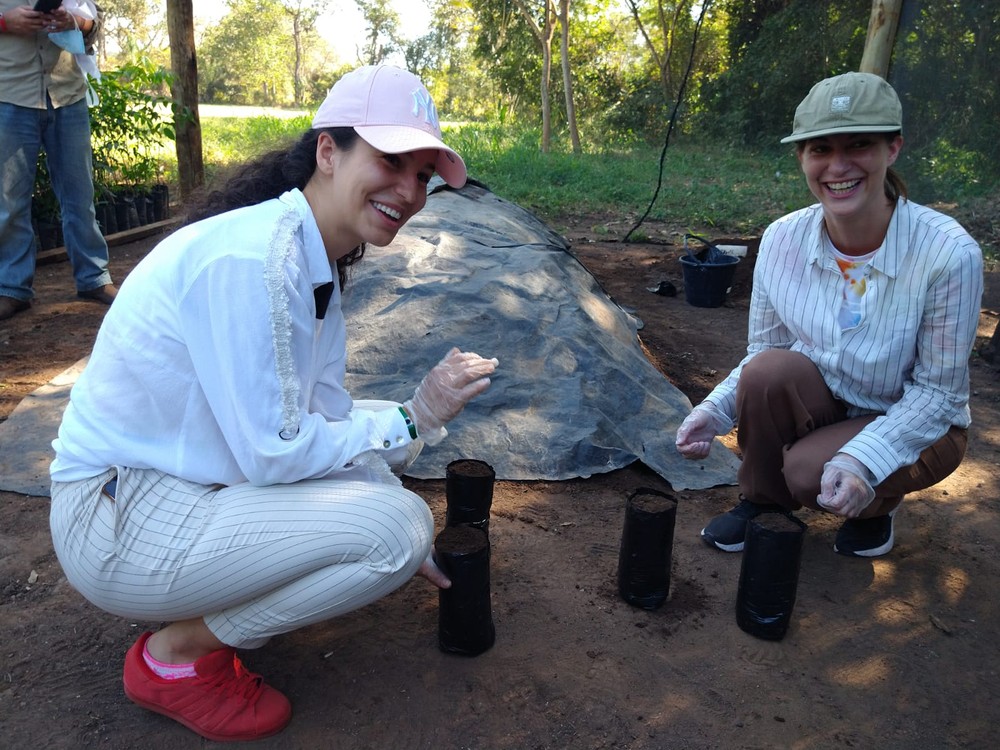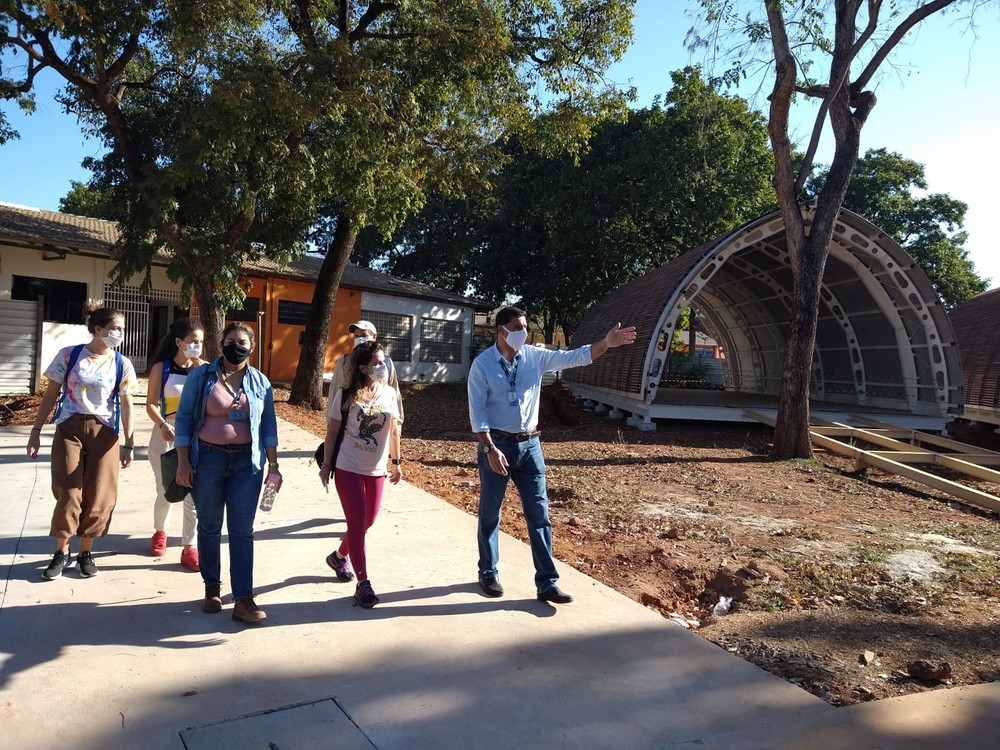
Exploring the scientific diversity of the Brazilian Pantanal wetlands:
Swissnex connects Swiss researchers and scientists with the local ecosystem and communities. The Pantanal Science Camp, which lasts a full week, goes beyond this and gives them access to Brazil’s largest privately owned natural heritage reserve. Our local partner Sesc, a private non-profit organization, provides a comprehensive infrastructure. In this format, Swissnex allows researchers to develop their activities and connect with local partners to collaborate in their research, fostering international cooperation in innovative projects in the Pantanal wetlands.
Why Pantanal?
Pantanal is a mosaic of ecosystems with its original cover still intact. It is located in the heart of South America, neighboring the Amazon Rainforest, the Cerrado, the Atlantic Forest, and the Bolivian Chaco.

In June 2022, as part of their studies, two biotechnology students from the Zurich University of Applied Sciences (ZHAW) took part in the Pantanal Science Camp to gain insight into local biodiversity and the region’s various biomes. Supervised by Dr. Evelyn Wolfram, Lecturer in Natural Products Chemistry and Phytopharmacy Research Group at the University, the students sharpened their research focus and widened their scientific network during the Camp.
The Pantanal Science Camp aims to surmount barriers to entry in the Pantanal region and provide a first point of contact to kickstart Swiss-Brazilian research collaboration in a safe and inspiring environment. The study trip has opened up new cooperation opportunities with the Pantanal. The medium- to long-term goal is to develop joint research proposals in biodiversity research and ethnopharmacology. Swissnex also aims to give more support in navigating the legal obligations and rights when working with biodiversity and ecosystem samples.
After this first successful pilot, Swissnex in Brazil is ready to receive more Swiss researchers or groups of students. In June 2023, we look forward to hosting a researcher from the University of Bern who will try to detect microbial signatures of livestock in the wetlands of the Pantanal.

